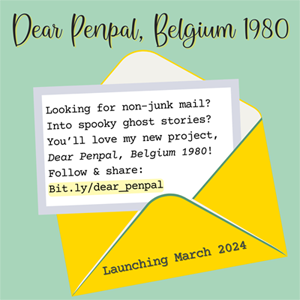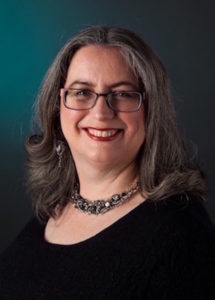 Imagine this. You are nine or ten or eleven years old. In your “tweens” as the hip kids call it. Or is that “cool”? You have moved to a foreign country “overseas” because your father was stationed there and you are experiencing non-American food for the first time. Belgium. A little country partially notable by the fact that NATO exists within it. (And so much more…)
Imagine this. You are nine or ten or eleven years old. In your “tweens” as the hip kids call it. Or is that “cool”? You have moved to a foreign country “overseas” because your father was stationed there and you are experiencing non-American food for the first time. Belgium. A little country partially notable by the fact that NATO exists within it. (And so much more…)
First, it is all hotel food because there are no quarters available for you and your military family in SHAPE, Belgium (Supreme Headquarters Allied Powers Europe). And the food is good. I mean, really good. We’re talking fresh fruit, chocolate croissants, and Belgian waffles. My mom complained that she gained a pound for every day we were required to stay in that hotel. I don’t remember how long. It was too long for nine-year-old me. I just wanted a home and my things around me.
Then we were there. Living in a 300-year-old manor house in Brugelette, Belgium in 1979 because “the franc was so good.” The backyard was bigger than any school playground I’d ever played in before. The house had history. Real history. This is where “Dear Penpal, Belgium 1980” was born. “Dear Penpal, Belgium 1980” is a unique, middle grade-appropriate ghost story told through 24 physical letters that I am kickstarting from March 26th to April 26th.
In the letters a recipient will receive, I’ve included description of fritz. Real fritz (I’m convinced that Belgium is the only place to get this near-mythical food) and fritz stands with their paper cone conveyances for food beyond fritz. The only thing I really remember were the fried meatballs my father loved so much with a condiment concoction we called “goopy.” We recreated it at home with a mixture of ketchup and mayo. Dad insisted on having goopy with his fries for the rest of his life.
I also remember going to 3-hour long meals at a tiny Belgian restaurant…whose name I never knew…that had maybe five tables, where I ate all manner of things. In this place, we were known as “the polite American family” and they would bump other reservations for us if Dad called. It was within this restaurant that I learned to be fearless about “foreign” cuisine. I would willingly taste everything at least once.
I had two favorites: Frog legs (that really did taste like gamy chicken) in the most delicious sauce and white asparagus. The frog legs were a treat. A birthday meal. The same with the white asparagus that I thought was a special type of asparagus. It took me into my adulthood before I looked up how white asparagus was made. (I’m not going to tell you. You need to look it up yourself.) But, since then I have always loved asparagus and I consider any restaurant to serve white asparagus high class indeed.
My time in Belgium gave me a boon. That boon is the ability to say “yes” to whatever local cuisine is offered to me. As a Guest of Honor at GothCon in Gothenburg, Sweden, I was offered smoked puffin as an appetizer at a restaurant that was located at the corner of Baldur’s Gate and Odin’s Way. I accepted. It was fine. Not really to my taste, but I’m glad I did taste it. As a Guest of Honor at Tracon in Tampere, Finland at a Viking feast, the interesting food I was offered included duck heart (so tasty) and tar ice cream (a campfire in ice cream form). Both of which were marvels to taste. My hosts were so pleased that I was willing to try the food from their country. American GoHs have a reputation of being shy around “exotic” food.
Living in Belgium during my formative years gave me a willingness, and a fearlessness, to try foods outside my comfort zone, and I have been richer for that experience. My rule is: I am willing to try anything once. Twice if I am in a bad mood the first time. It’s a rule I encourage others to adopt. Otherwise, you won’t know what you are missing.
I hope you check out my new passion project: “Dear Penpal, Belgium 1980”? Won’t you be my penpal?
—
Jennifer Brozek is an award winning author, editor, and tie-in writer. A Secret Guide to Fighting Elder Gods, Never Let Me Sleep, and The Last Days of Salton Academy were all finalists for the Bram Stoker Award. She won the Scribe Award for best tie-in Young Adult novel, The Nellus Academy Incident, and won an Australian Shadows Award for best edited publication. Visit Jennifer’s worlds at jenniferbrozek.com, or follow her social media accounts on LinkTree.
If you’re an author or other fantasy and science fiction creative, and want to do a guest blog post, please check out the guest blog post guidelines. Or if you’re looking for community from other F&SF writers, sign up for the Rambo Academy for Wayward Writers Critclub!













